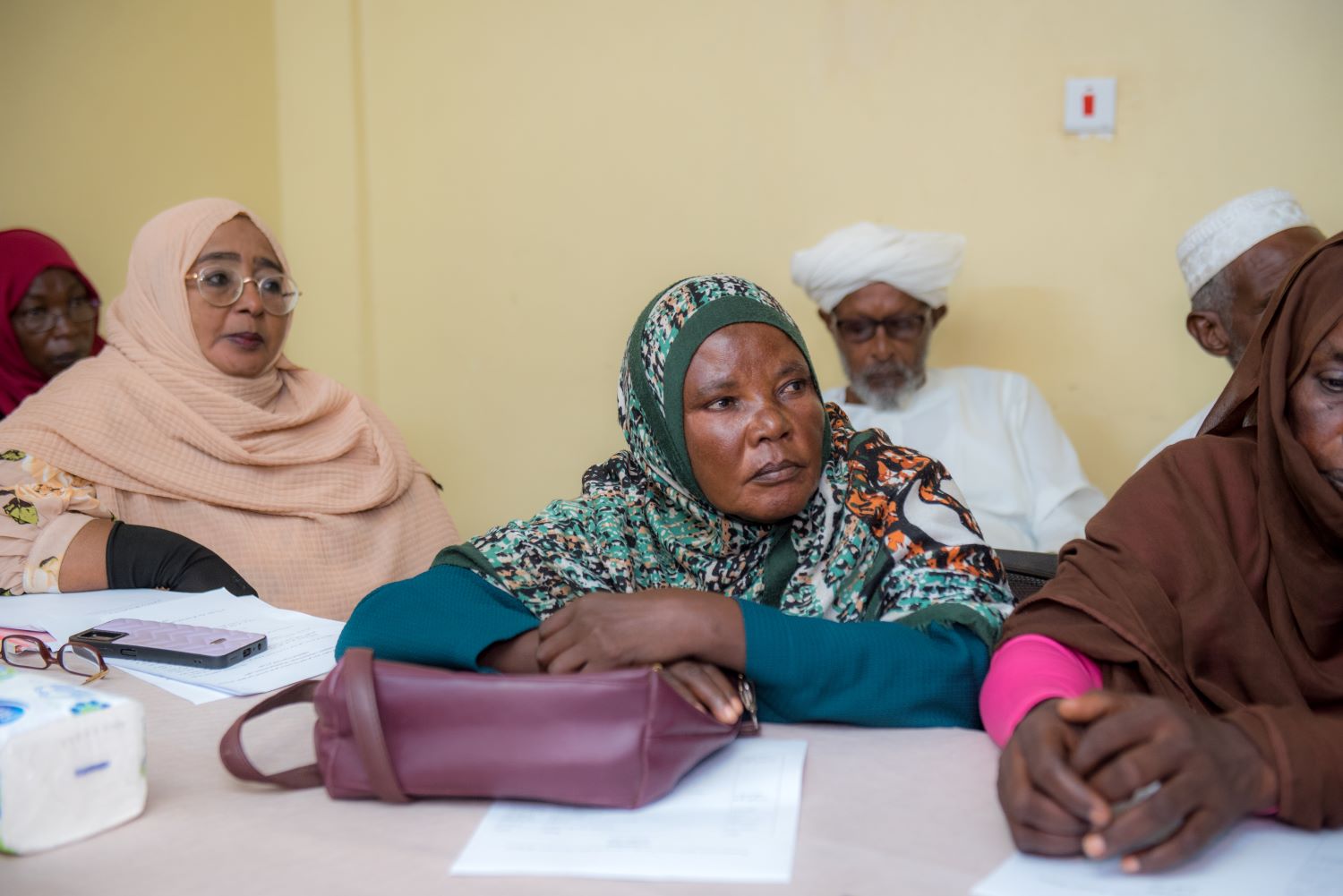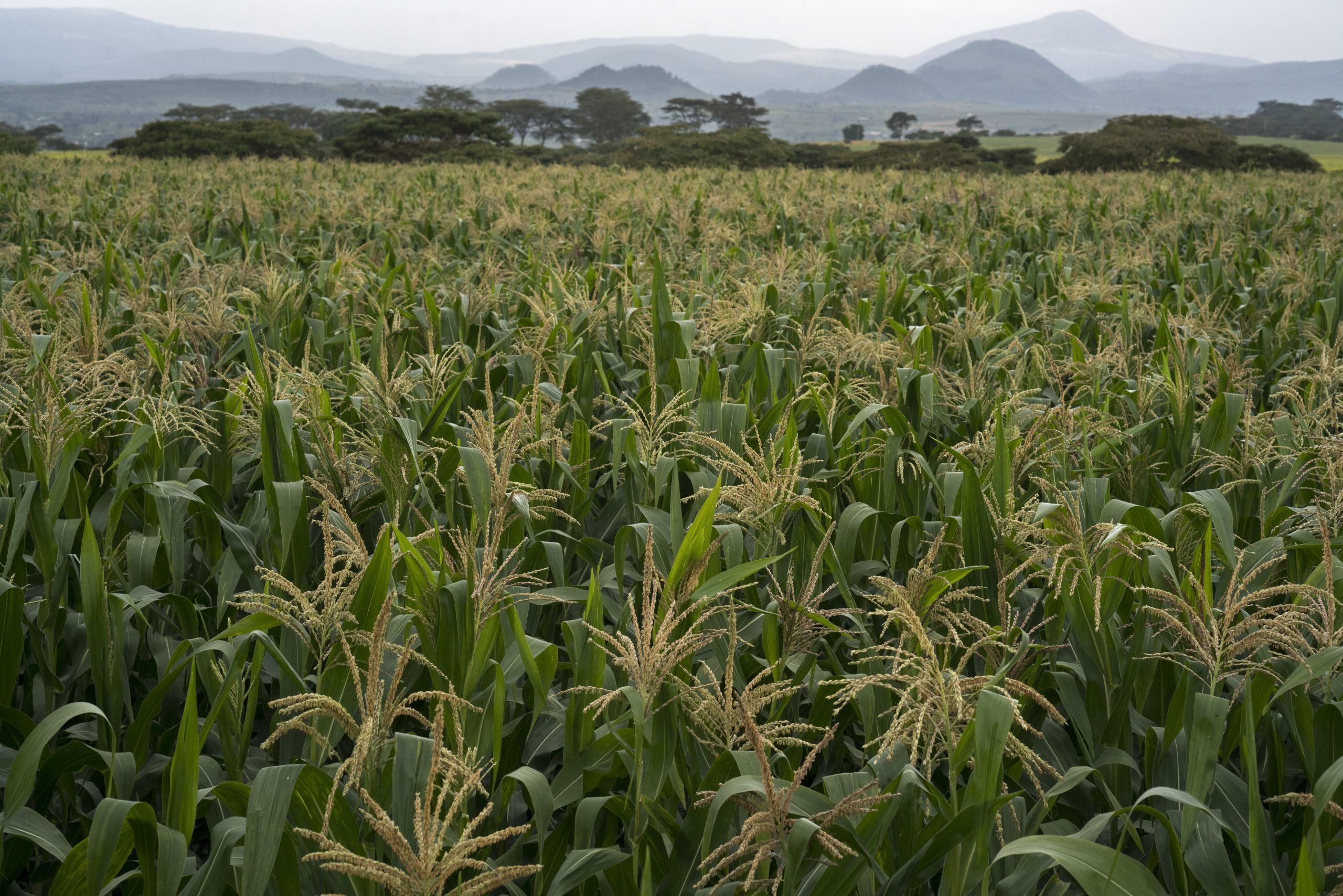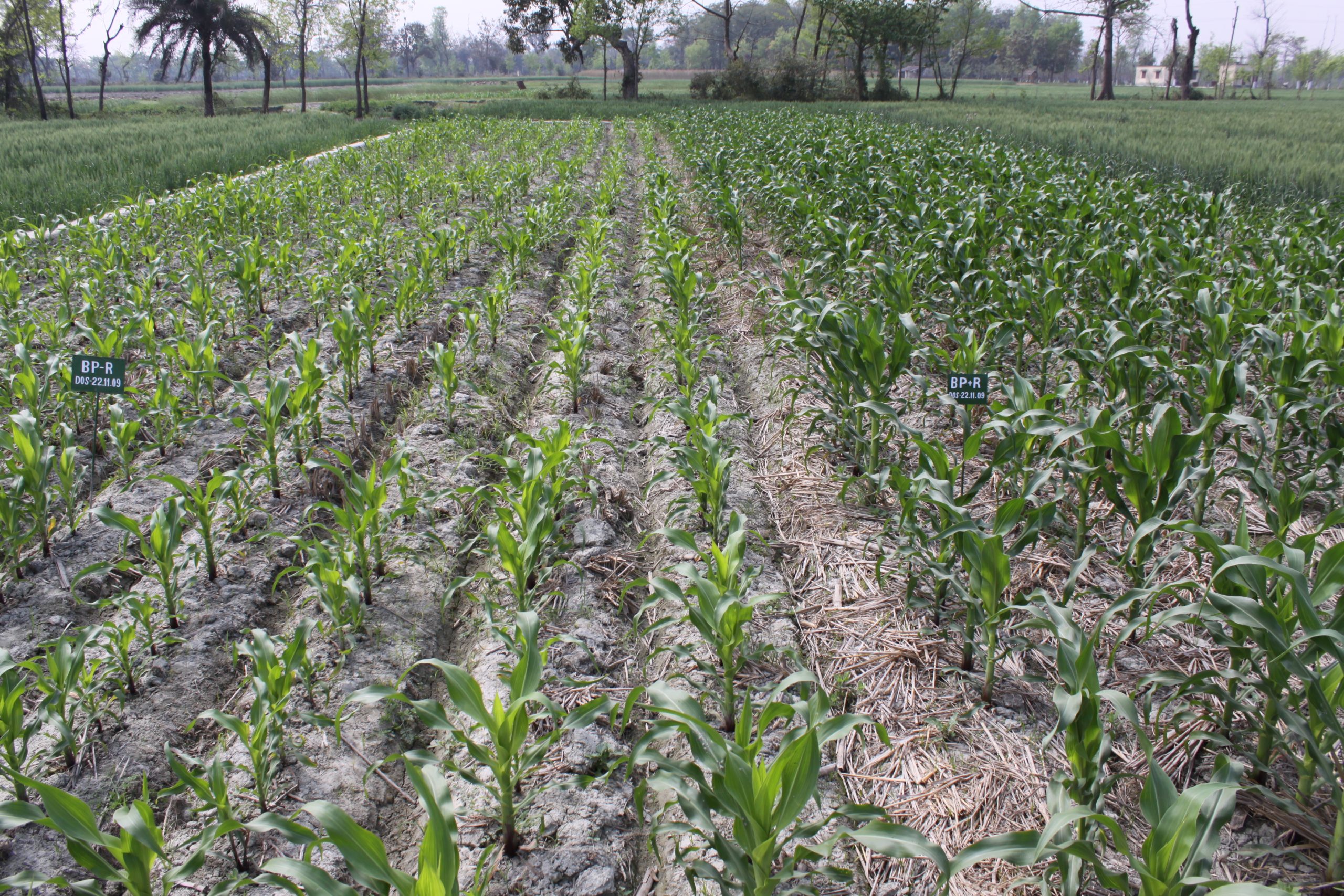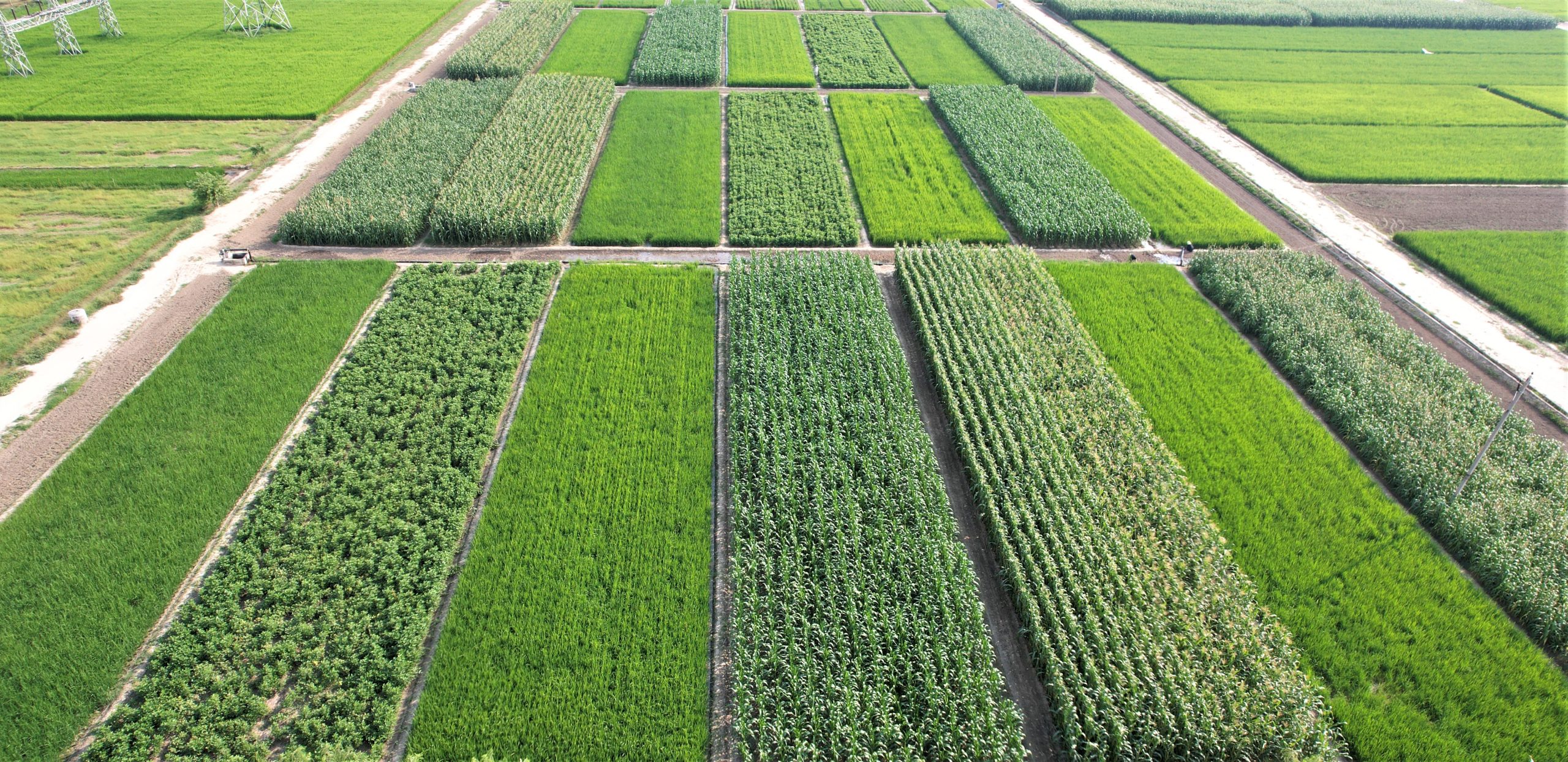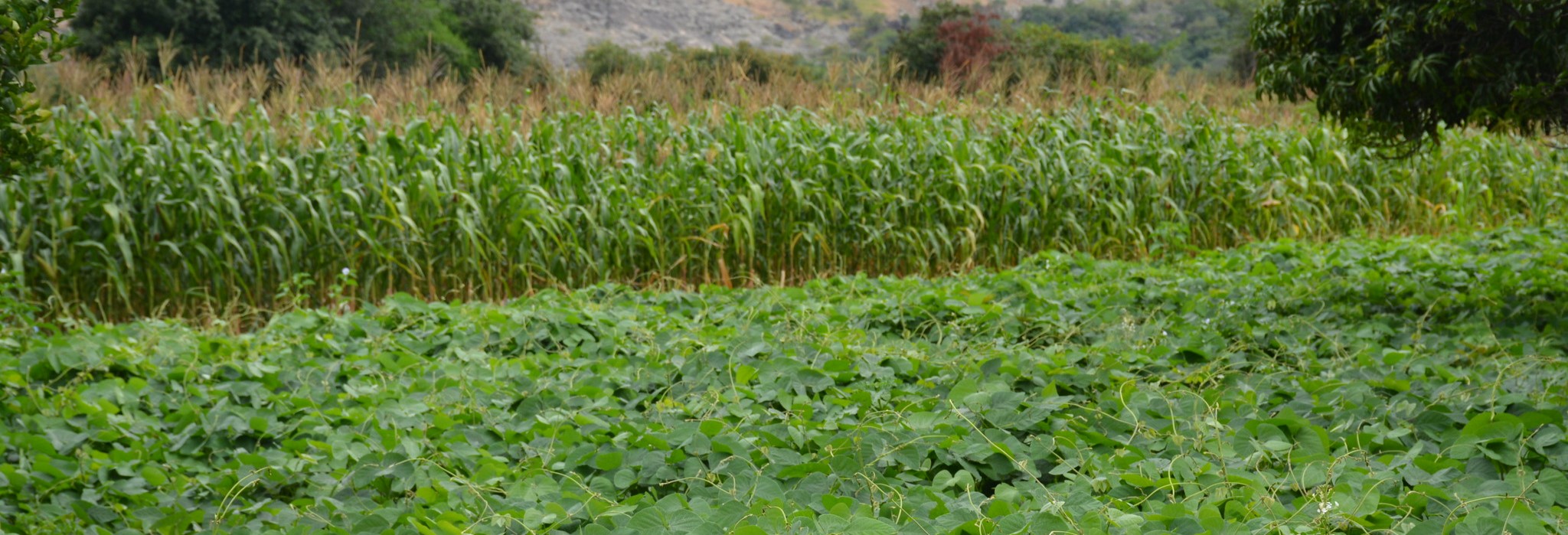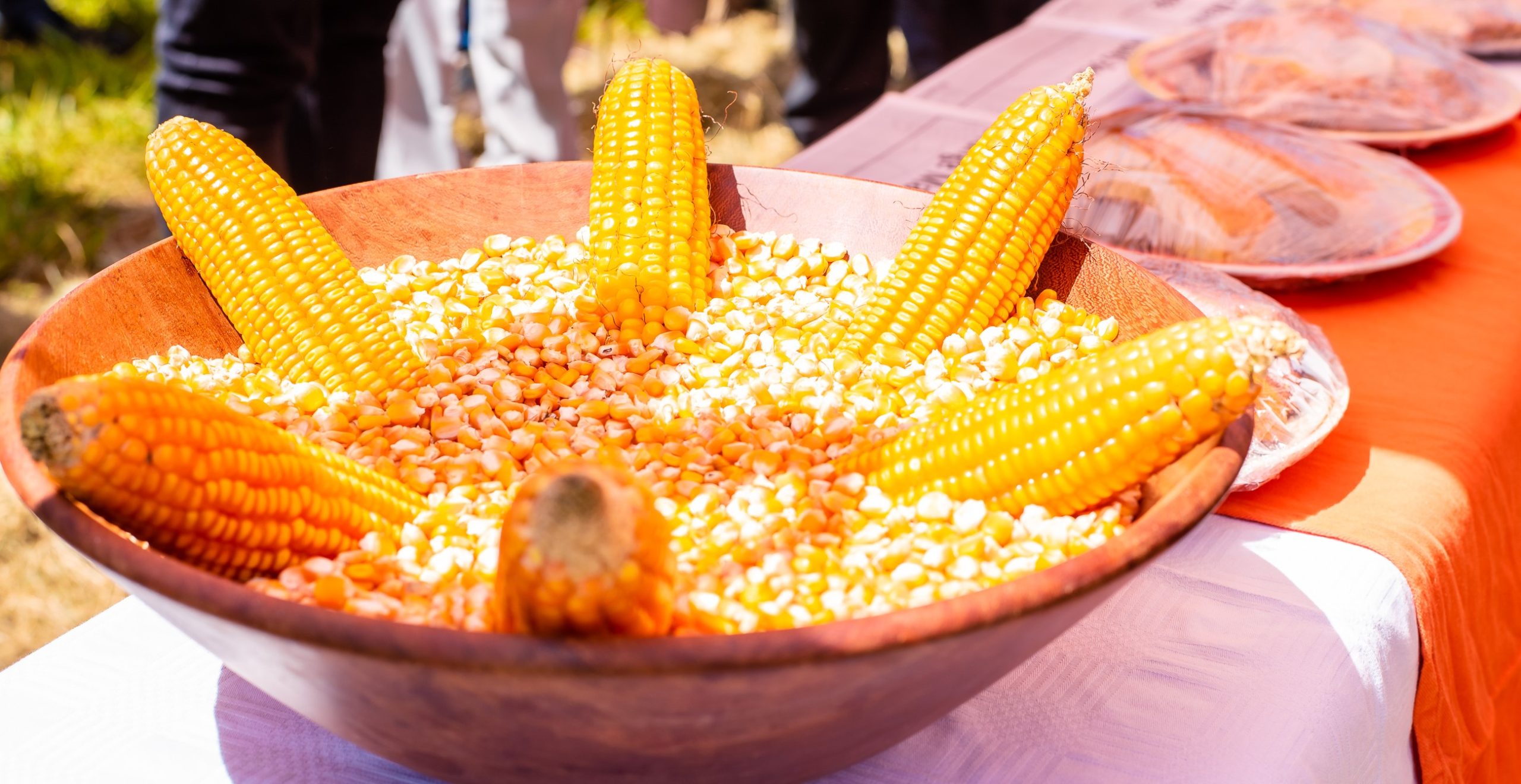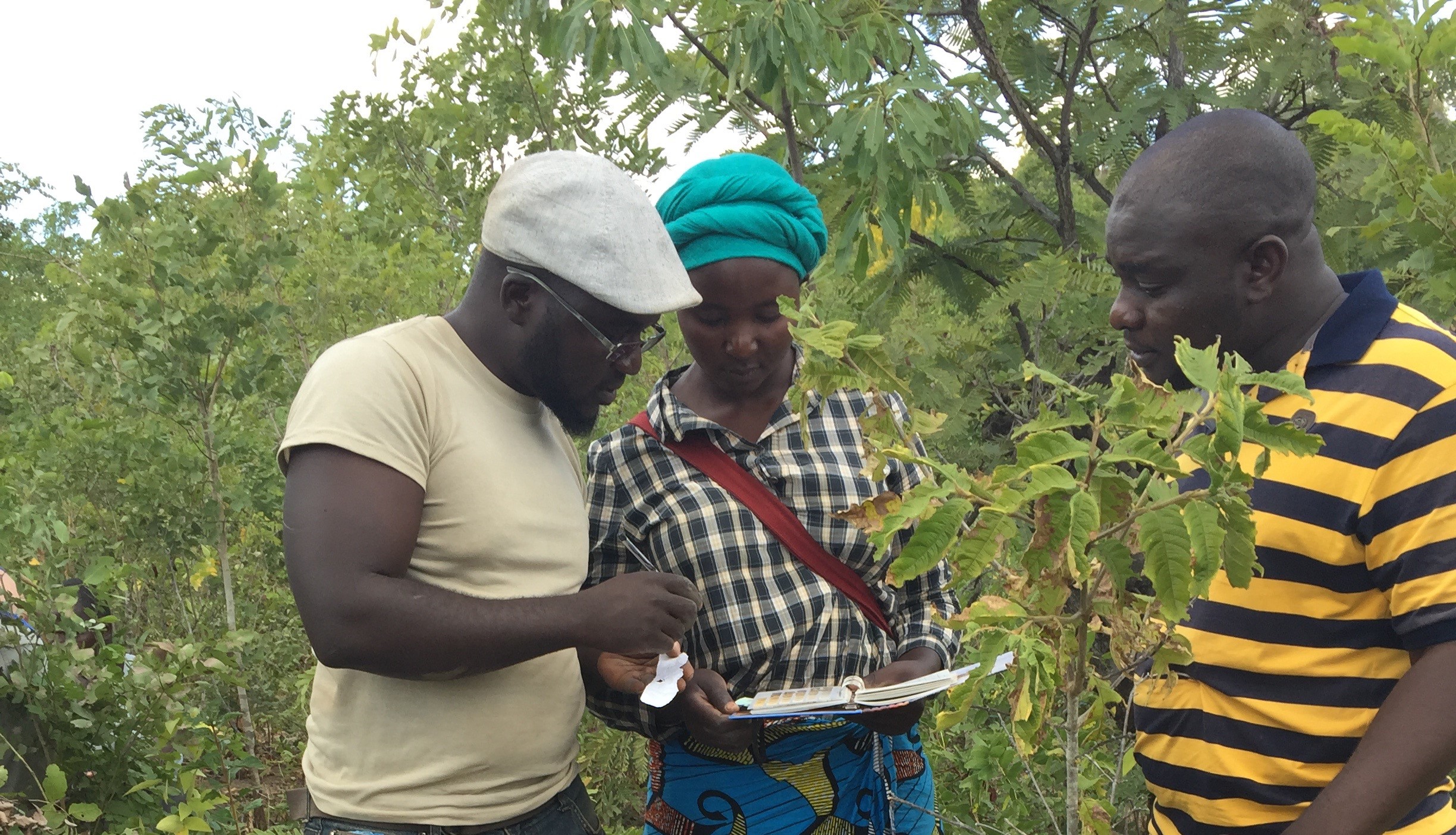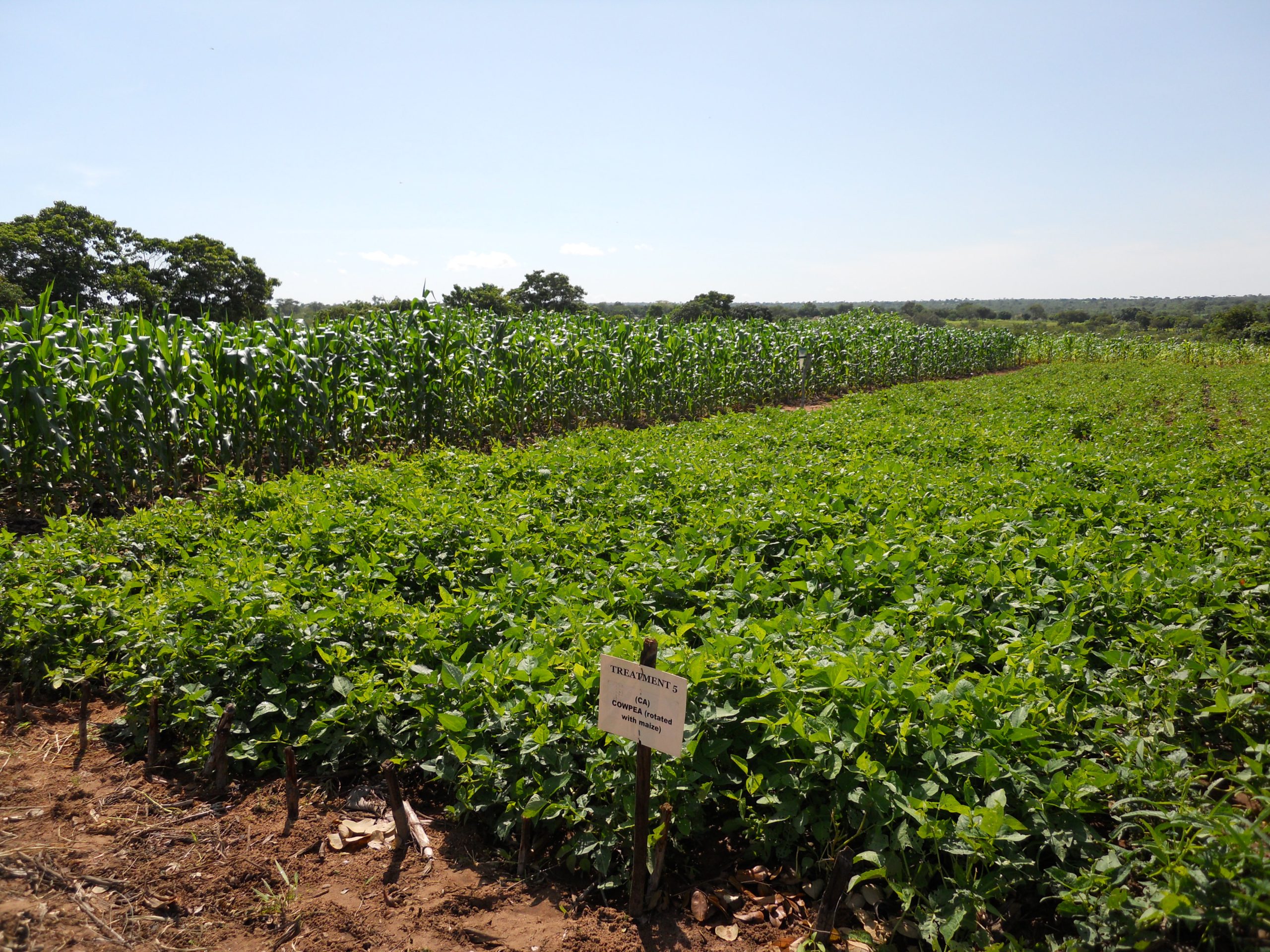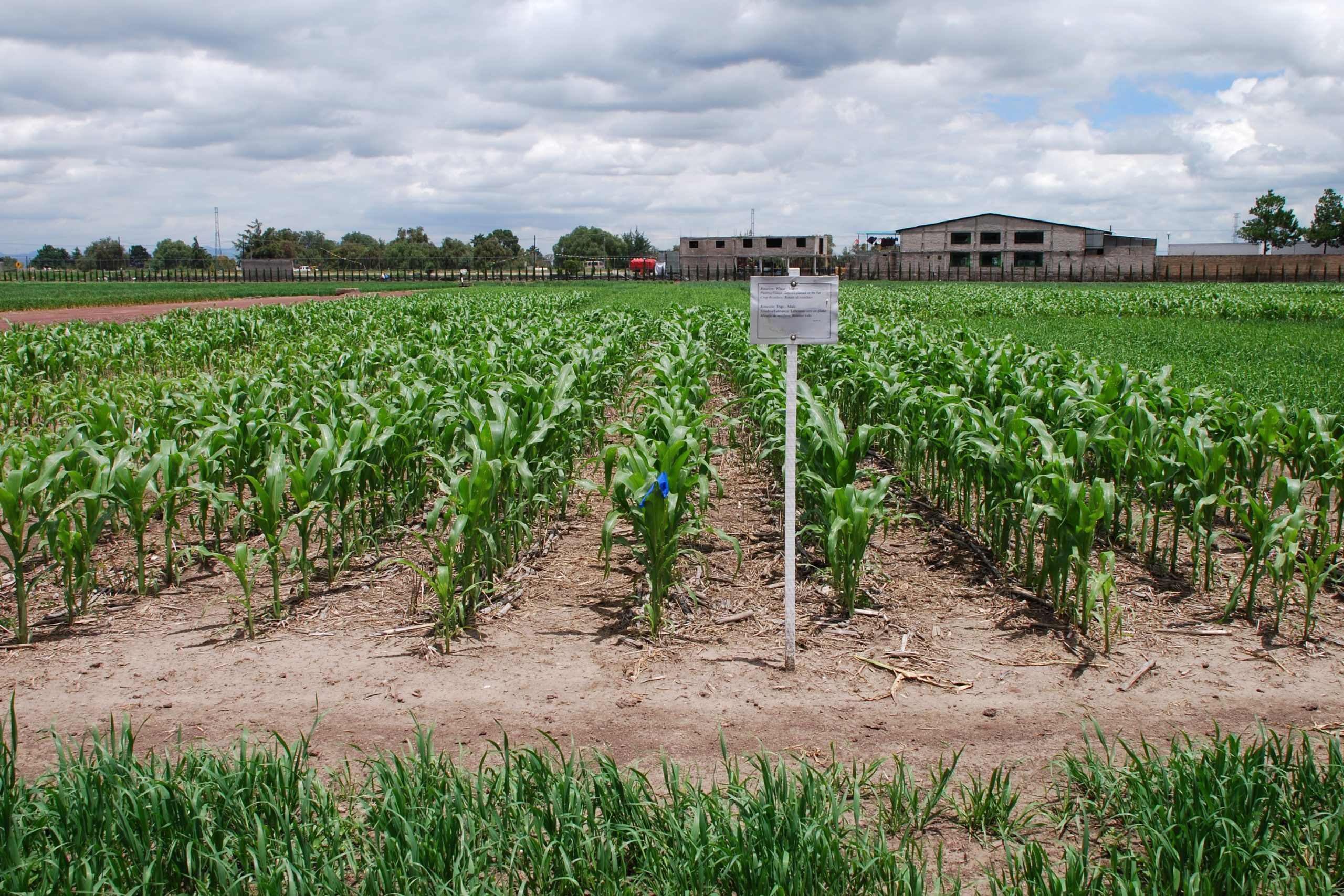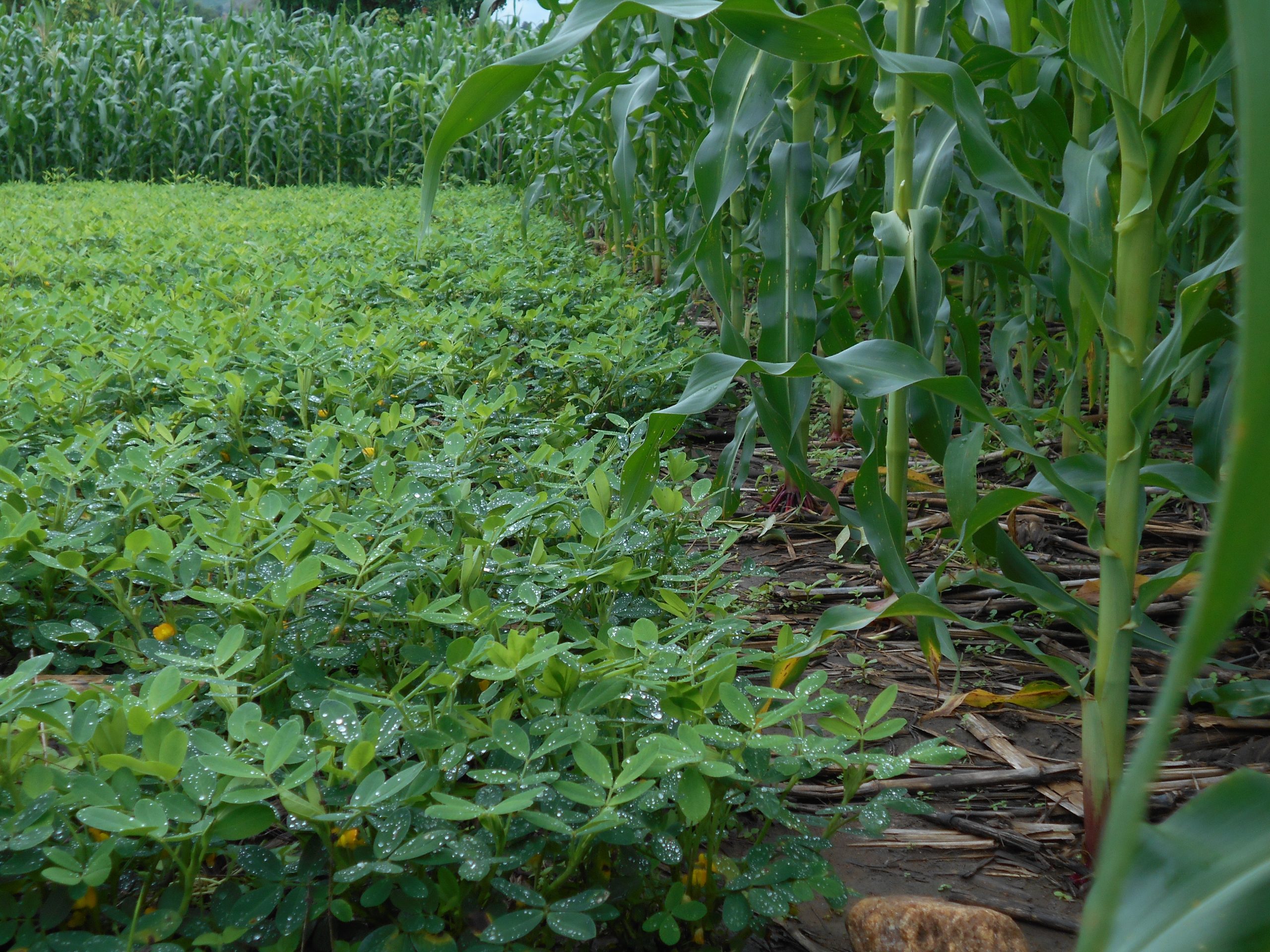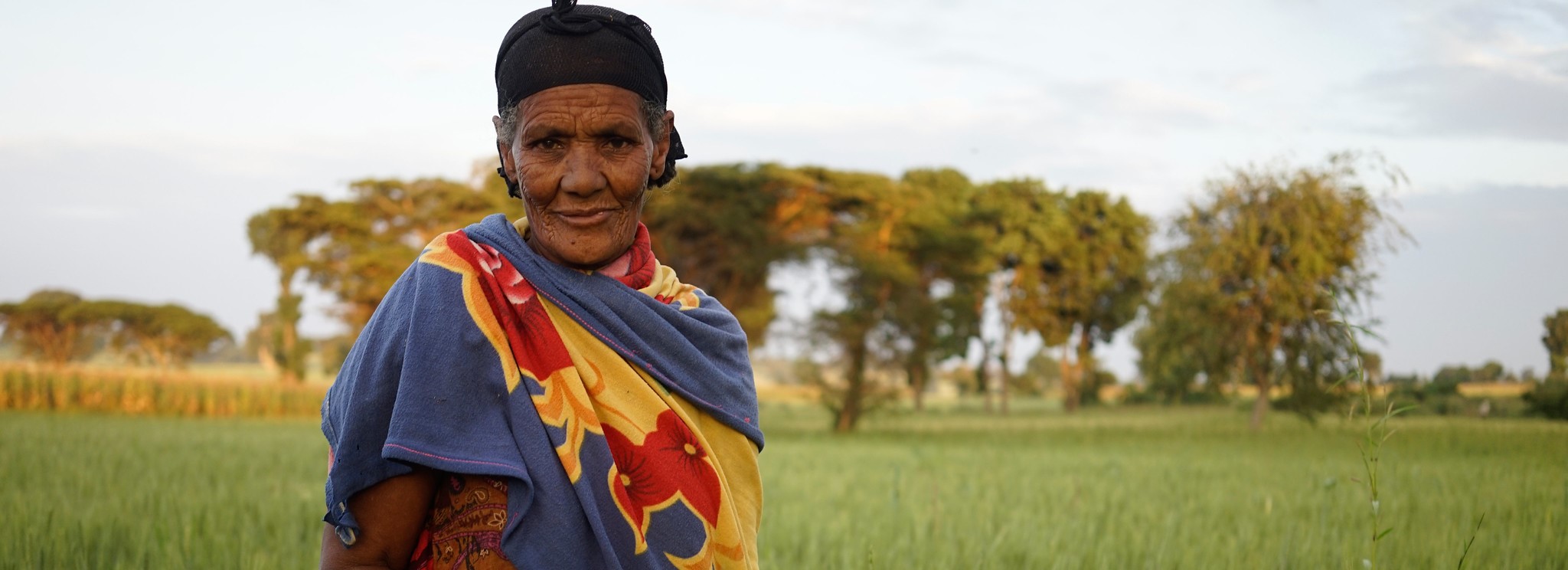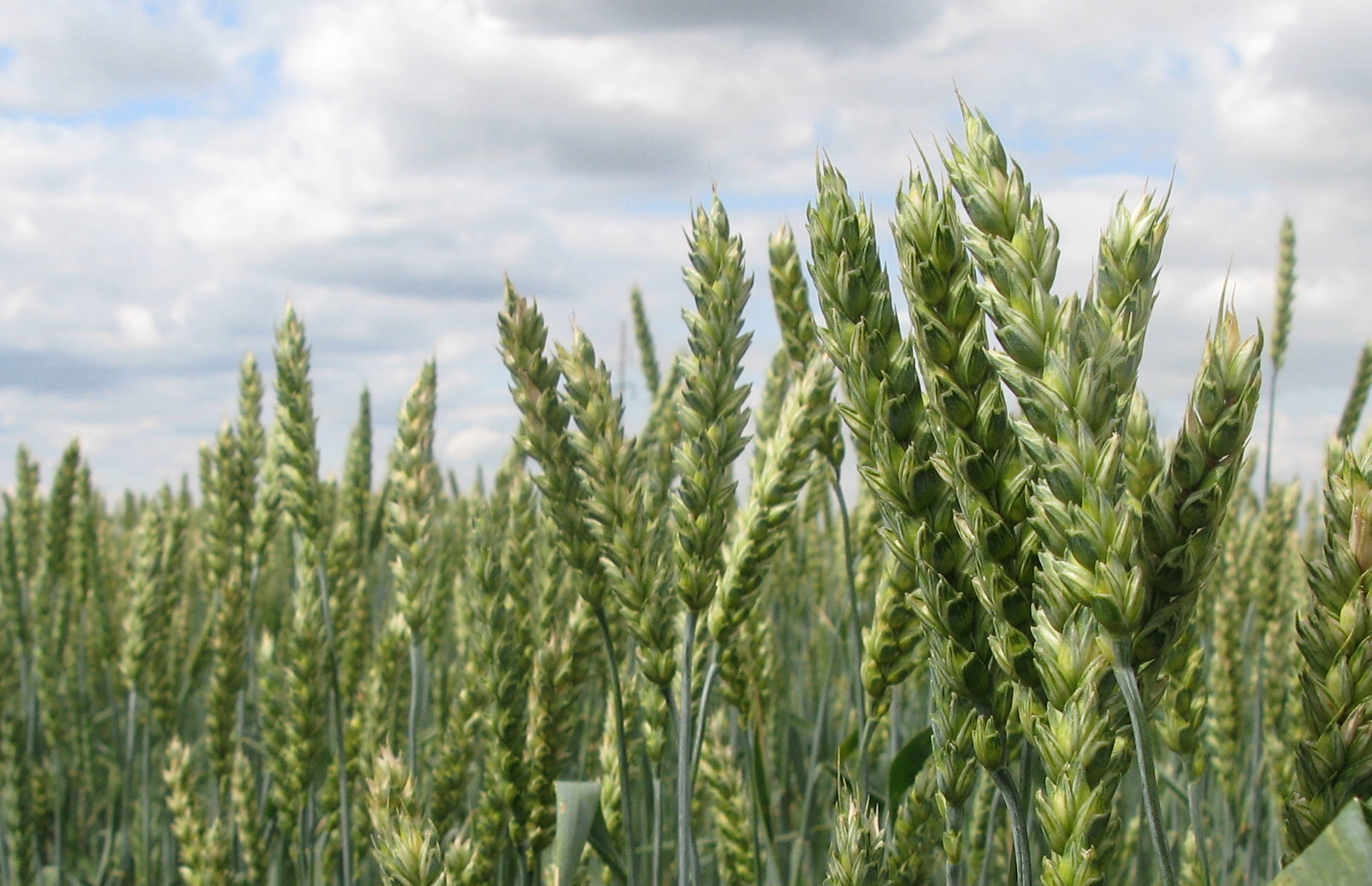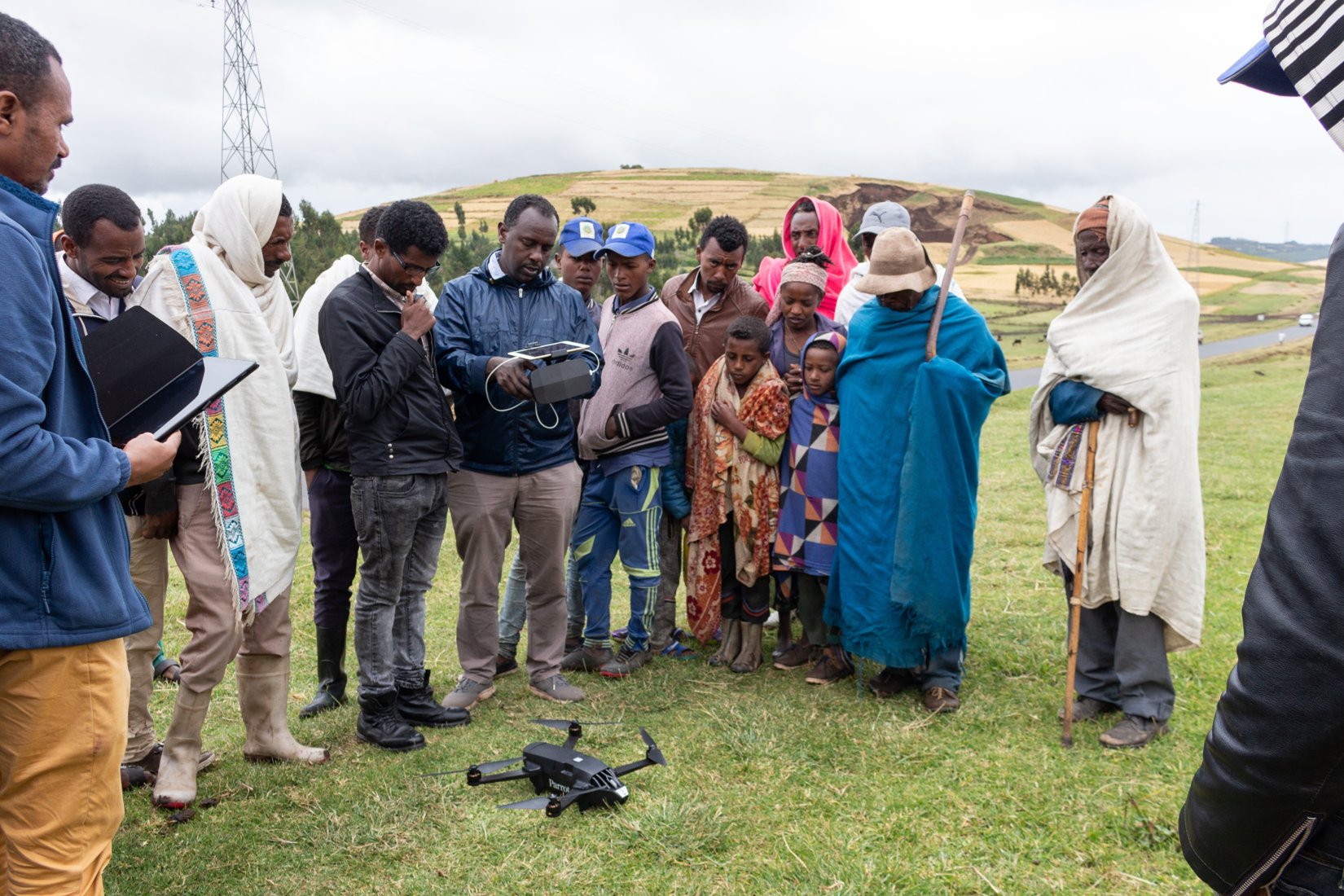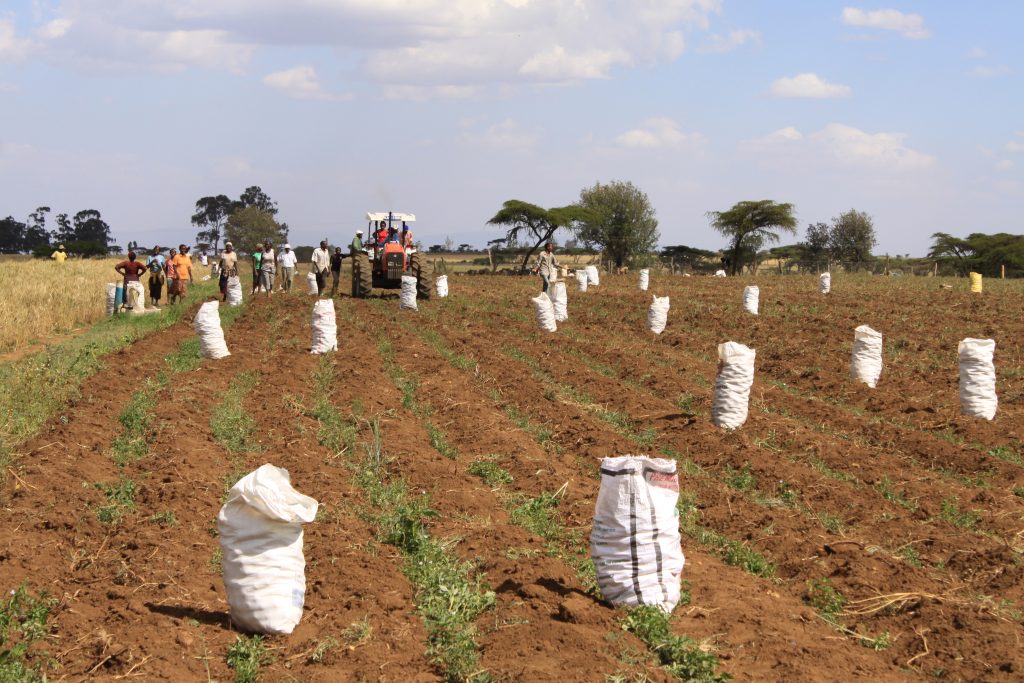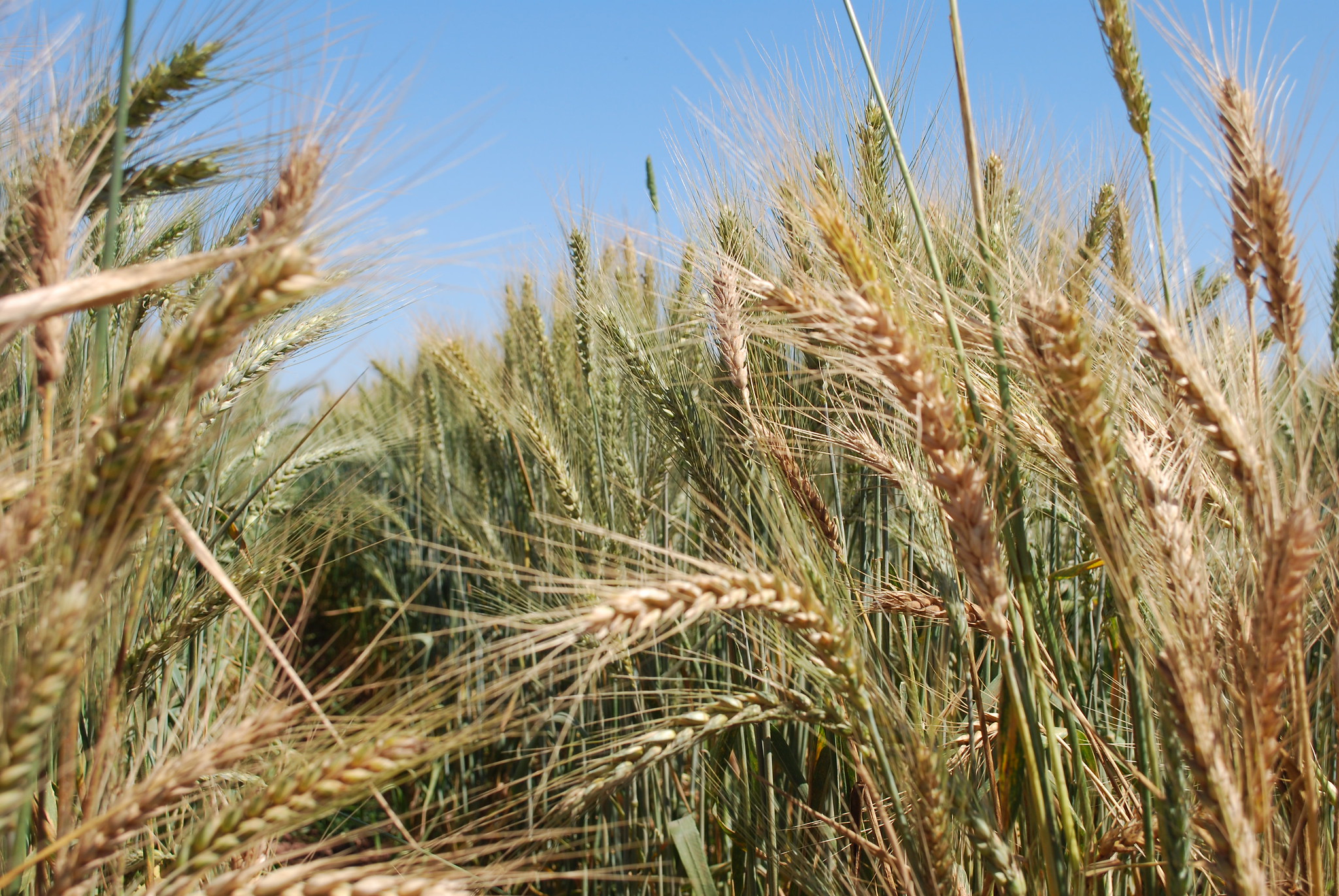Publications
The Impact of War on Agrifood Entrepreneurs in Sudan: Gendered Insights from Participatory Action Research in Kassala and Gadarif States
 Climate adaptation and mitigation
Climate adaptation and mitigation
CIMMYT, through the USAID-funded SASAS initiative, empowers Sudanese farmers and herders to reduce reliance on aid by supporting agrifood entrepreneurs in overcoming war-related challenges and fostering resilience through collaboration and community efforts
Deployment of new tools and technologies into the CGIAR-NARS breeding program increases the rate of genetic gain per dollar invested
 Innovations
Innovations
Innovative tools like molecular breeding, genomic selection, and doubled haploid technology boost genetic gain per dollar, enhancing efficiency in tackling drought and disease challenges in CGIAR-NARS breeding programs
Linking sustainable agricultural methods
 Climate adaptation and mitigation
Climate adaptation and mitigation
CIMMYT researchers examine the possibility and benefits of linking Conservation Agriculture and carbon credits.
Eight-year study in India by CGIAR and ICAR scientists suggests adoption of Conservation Agriculture can boost yields and manage an increasing carbon footprint
 Climate adaptation and mitigation
Climate adaptation and mitigation
Agronomists, social scientists, and climate experts study the advantages of integrating Conservation Agriculture into a wide range of cropping systems practiced in the Western Indo-Gangetic Plains.
Unlocking Zambia’s maize potential through crop diversity
 Environmental health and biodiversity
Environmental health and biodiversity
CIMMYT and ZARI trial different methods to increase maize productivity.
Cultivating healthier communities with provitamin A maize varieties
 Nutrition, health and food security
Nutrition, health and food security
A CIMMYT-led study highlights how provitamin A maize could make a real difference in vitamin A intake of smallholder farmers in rural areas of Zimbabwe.
With agricultural diversification, more is better
 Capacity development
Capacity development
Combining diversification strategies boosts synergies and reduces tradeoffs.
Unanswered questions and unquestioned answers
 Environmental health and biodiversity
Environmental health and biodiversity
Crop residue and weed control in southern Africa
Agricultural research adds billions of dollars to economy
 Climate adaptation and mitigation
Climate adaptation and mitigation
Crop technology from CGIAR, including CIMMYT seed varieties, contributes US $47 billion each year to the global economy according to fresh analysis of six decades’ worth of data.
Sustaining Conservation Agriculture initiatives: lessons from Malawi
 Climate adaptation and mitigation
Climate adaptation and mitigation
Conservation Agriculture offers sustainable solutions for Malawi’s agriculture. Prioritizing farmer-centered approaches can drive widespread adoption, ensuring food security and climate resilience.
Bargaining for Better: How gender roles in household decision-making can impact crop disease resilience
 Gender equality, youth and social inclusion
Gender equality, youth and social inclusion
A study by CIMMYT found a positive association between women’s role in household decisions concerning crop production and the adoption and turnover of rust-resistant wheat varieties.
CIMMYT wheat varieties help Ethiopia’s farmers mitigate devastating rust diseases
Ethiopia leads East Africa in wheat production, with 65% of sub-Saharan Africa’s share, through improved practices and varieties developed by CIMMYT.
Discovering the potential of multispectral UAV and satellite sensors in detecting wheat rust in Ethiopia
 Environmental health and biodiversity
Environmental health and biodiversity
Sensor technology is an efficient mitigator of crop epidemic and global food security risks.
Early maturity products popular among farmers in Kenya
 Innovations
Innovations
Kenyan farmers’ preference for early-maturing seed underscores the importance of sales data for informed breeding decisions.
While you were sleeping: increasing nighttime temperatures and their effects on plant productivity
 Climate adaptation and mitigation
Climate adaptation and mitigation
Warming nights due to climate change are affecting wheat crops, including traditionally heat-tolerant varieties, according to a study by CIMMYT researchers. The findings underscore the need to take nighttime conditions into account when breeding resilient crop.
